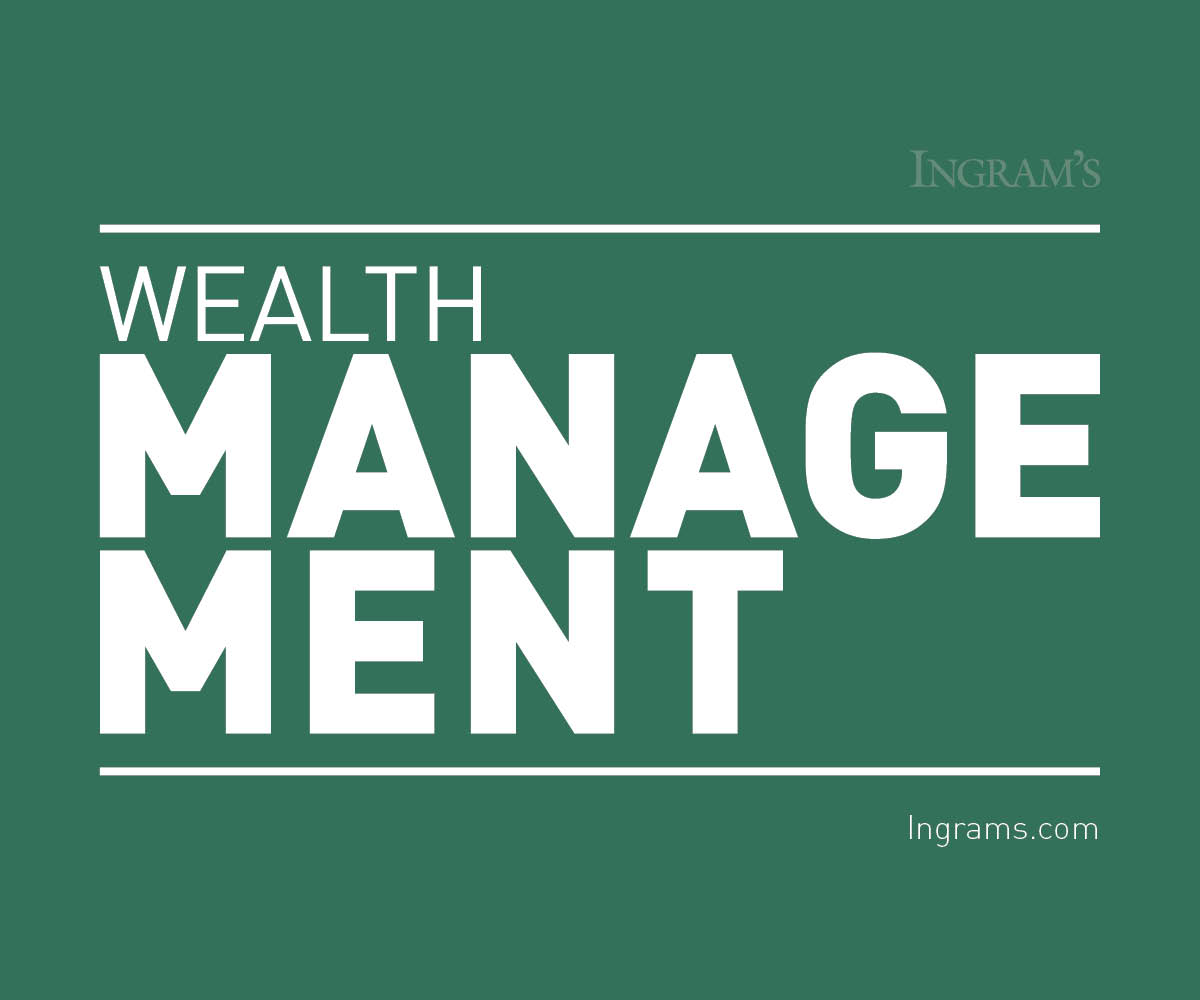HOME | ABOUT US | MEDIA KIT | CONTACT US | INQUIRE
HOME | ABOUT US | MEDIA KIT | CONTACT US | INQUIRE
There was a lot more to that pandemic response from Congress than just small-business aid.
The CARES Act, among the first major legislative efforts undertaken by Congress to address the impact of the COVID-19 pandemic, contains much more than Paycheck Protection Program that has commanded so much media attention. Here are some other pieces of the legislation that may be of the most interest for wealth-management consideration.
 Tax Timetable.The IRS has extended the tax filing and payment deadline to July 15, 2020, but we recommend giving serious thought to filing your return as soon as possible. Any refund received could be put to use in other areas, including supporting local charities, businesses and restaurants. Additionally, identity theft is an ongoing issue with tax return filings. The sooner you file your personal return, the less likely it is for someone else to fraudulently file on your behalf. IRA Distributions. Required minimum distributions have been suspended for 2020 in all Individual Retirement Accounts, including inherited IRAs.
Tax Timetable.The IRS has extended the tax filing and payment deadline to July 15, 2020, but we recommend giving serious thought to filing your return as soon as possible. Any refund received could be put to use in other areas, including supporting local charities, businesses and restaurants. Additionally, identity theft is an ongoing issue with tax return filings. The sooner you file your personal return, the less likely it is for someone else to fraudulently file on your behalf. IRA Distributions. Required minimum distributions have been suspended for 2020 in all Individual Retirement Accounts, including inherited IRAs.  Depending on your taxable income and how much you’ve filled up your tax brackets this year, however, it might make sense to still take a distribution for 2020. Waiting to withdraw funds until next year might require a larger minimum distribution as your account balance potentially grows, thereby putting you into a higher tax bracket.
Depending on your taxable income and how much you’ve filled up your tax brackets this year, however, it might make sense to still take a distribution for 2020. Waiting to withdraw funds until next year might require a larger minimum distribution as your account balance potentially grows, thereby putting you into a higher tax bracket.
IRA as a Safety Net. For those negatively impacted by COVID-19, a new option to consider is withdrawing funds from your IRA. While the withdrawn amount is considered taxable income, you can take out up to $100,000, and all funds withdrawn can be put back into the account over three years, regardless of your age. While this option may seem enticing, it should be noted you’ll have to pay taxes on the withdrawn amount. There may be better ways to meet your short-term cash flow needs. Additionally, any funds withdrawn are going to miss out on potential growth over the long term, so it’s important to weigh the pros and cons of making such a withdrawal.
College Refunds. Many colleges are providing partial refunds to students for a portion of their 2020 spring semester as a result of having to transition to online-only learning. If you paid for tuition with a 529 plan this year, those proceeds can be rolled back into the 529 plan account, and you must take that action within 60 days of the refund to avoid tax consequences. If you’re able to refund those dollars into an account, make sure that your investment allocation therein is updated to reflect any future educational expenses your child may have.
Small-business owners who were unable to receive funds during the initial funding period should remain in touch with their bank or primary lender to determine when funds might become available.
Student Loans. For students with certain federal student loans, payments can be suspended until Sept. 30, 2020. Depending on your circumstances though, it may make sense to continue making those payments, because you’re effectively directly chipping away at the principal of the loan. If your student loans are held by a private lender, you won’t be qualified for forbearance. Consider reaching out to them regardless to determine if they can give you a grace period on payment.
The PPP. The Paycheck Protection Program, providing forgivable small business loans, has been reinvigorated as Congress has passed new legislation to provide additional funds to the program. Demand for these loans, however, has been astronomical. Small-business owners who were unable to receive funds during the initial funding period should remain in touch with their bank or primary lender to determine when funds might become available.
Charitable Donations. While typically not deductible for those who take the standard deduction on their tax return, the CARES Act allows for donations of up to $300 cash to be fully deductible from your 2020 tax return. Charities and non-profit organizations across the country have significant demand right now for funding their programs and initiatives. If philanthropy is part of your financial plan, consider making a donation this year to support causes that are important to you and your family.